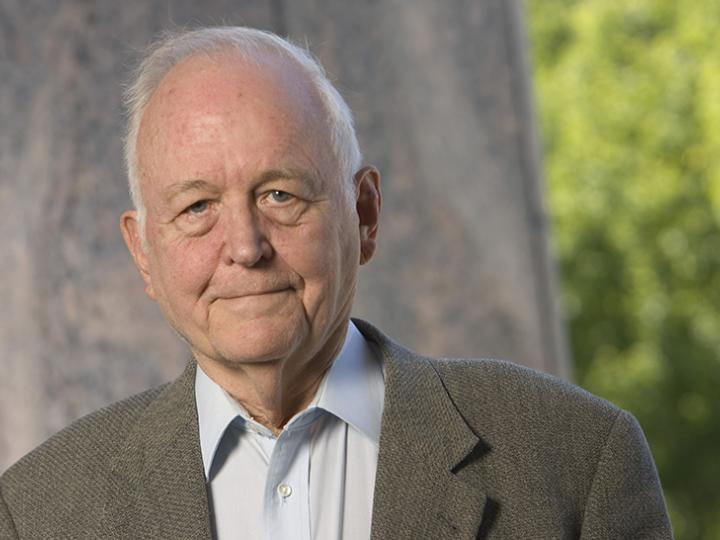Paul D. Carrington of Duke Law School has passed away at age 90.
Carrington earned his undergraduate degree from the University of Texas in 1952 and his law degree from Harvard Law in 1955. He began his academic career following two years of service in the U.S. Army. He was a member of law faculties at Wyoming, Indiana, Ohio State, and Michigan. He served as dean of Duke Law School from 1978 to 1988.
A proponent of law reform, Carrington helped secure enactment of the Uniform Commercial Code in Wyoming. He was elected to ALI in 1966.
Excerpted from the Duke Law obituary:
During his academic career Carrington represented numerous individual clients on a pro bono basis in support of their claims to civil liberties and assisted in advancing claims by classes of plaintiffs.?His engagement with law reform across diverse areas included participating in a successful effort to secure enactment of the Uniform Commercial Code in Wyoming, directing an American Bar Foundation study of the United States Courts of Appeal, and directing a study of legal education for the Association of American Law Schools.?From 1973 to 1975, he served the Federal Judicial Center as vice chair of the Advisory Council on Appellate Justice, organizing the 1975 national conference on that subject. He also directed a program of law reform for the Supreme Court of Michigan.?
From 1985 to 1993, Carrington served as Reporter to the Advisory Committee on Civil Rules of the Judicial Conference of the United States and was instrumental in effecting several reforms of those rules.?His many other professional activities included directing a program on judicial independence and accountability for the American Bar Association from 1997 to 1999, organizing a national conference on that subject in 1999, and serving on the North Carolina Bar Association’s Committee on Judicial Independence. He also participated in organizing the group that drafted the Model Fair Bargain Act enacted in New Mexico in 2000 to constrain the misuse of arbitration clauses in standard form contracts unread by the parties; that text has been supported for enactment in other states by diverse groups.
